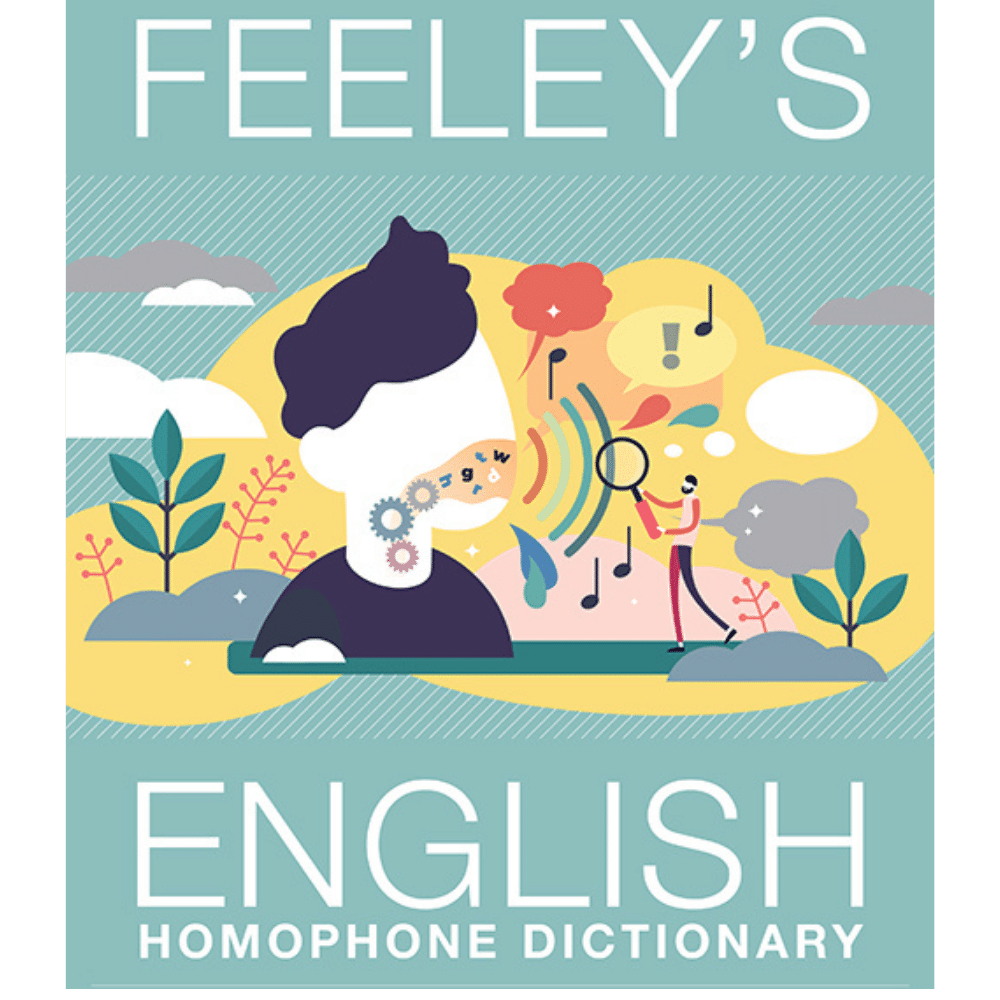Homophones for a, ai, ay, aye, eh, eigh
a / ai / ay / aye / eh / eigh [ei]
a – n. & adj. – 1. first letter of the English alphabet; 2. indefinite article before a consonant; 3. 6th note of the diacritic scale of C major
ai – interj. – similar to ah, expressing surprise, sudden realization, resignation etc.
Do Not Confuse with ai – [ai or ei-ai ] – n. – the three-toed sloth of South America, Bradypus tridactylus
Do Not Confuse with AI [ei-ai] the abbreviation for 'artificial intelligence', these are definitely not the same
ay – interj. – variant of aye giving an affirmative answer
aye – n. – an answer in the affirmative
eh – interj. – an expression of surprise or questioning or verbal punctuation
eigh - interj. - an expression of wonder
Discussion
Only the first member of this set stands as a strong noun or adjective with an ancient history going back thousands of years. The remaining five form various forms of interjections. Even though 'aye' is a noun it borders on the line with interjections. Remnants of its fuller meaning can be seen when it is used for votes in the affirmatives such as in the term, "The 'ayes' have it." Although this often uses the alternate pronunciation of [ais] instead of [eis].
As one examines these, the history of English becomes more apparent. Although, all five are still in use, they have been largely replaced with other terms such as "yes".
This reflects the cultural background of those in power whether in politics or the media. The language shifts and so do the interjections.
Dig deeper and more of the migrations in the language will become apparent.
In the News
ay
Many regard 'ay' as a variant of 'aye' and as such of Scottish origin.
But not all would agree.
Recently, Lucrecia Dalt released a new album using 'ay' as the title. Neither she, nor the subject material reflect a Scottish heritage, although this may be hidden. Such an unusual work shows just how far, the Scots have reached into the unconsciousness of other cultures.
aye
Whether in simple conversation or the political struggles of nations, the humble 'aye' finds itself fully involved. Such as in the case of the British parliament as they struggle to come to a consensus.
eh
Stereotypes abound. One annoying one is that 'all' Canadians use 'eh' as a regular interjection. Sad, very sad.
Yet it persists and we find its prevalence even in the media, who should know better.
So have a little fun with Pizza Hut and their new promotion.
